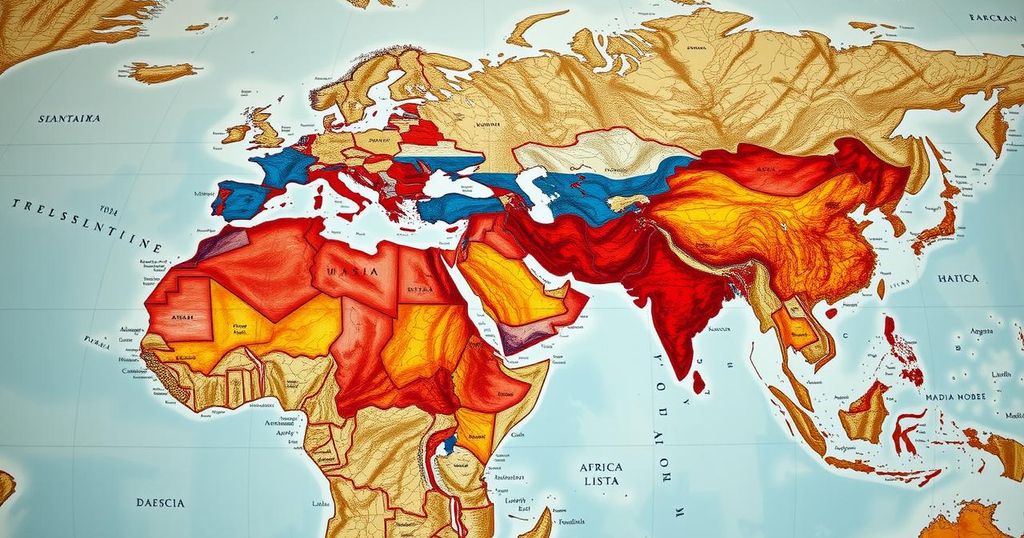The Diminishing Power of Russia in Africa

Moscow’s influence in Africa is faltering as military overstretch leads to high casualties among Russian mercenaries and rising violence in conflict zones. The collapse of Russia’s image as a protector is prompting African nations to reconsider alliances, especially with the growing role of Turkey. Economically, Russia’s capacity to invest is severely hampered by sanctions, further diminishing its stature in Africa.
The Russian presence in Africa is increasingly marked by overstretched military resources and deteriorating outcomes, particularly in conflict zones like Mali. Recent reports indicate that Russian soldiers have sustained heavy losses, undermining Moscow’s image as a protector of African sovereignty. In contrast to their narrative of liberation, Russia’s involvement often results in rampant violence and is driven by opportunistic mining agreements that fund their broader geopolitical ambitions, including the ongoing war in Ukraine.
The tactical prowess displayed by Moscow during initial interventions has now waned due to escalated violence against civilians and complications arising from Russia’s military commitments in Ukraine. Specifically, countries such as Mali and Burkina Faso reflect a deepening crisis, where Russian-supported military operations have led to significant civilian casualties and the destabilization of local governance.
Consequently, many African governments are reevaluating their relationships with Russia as disfavor towards Russian mercenaries grows. The chaos following the death of notorious Wagner Group chief Yevgeny Prigozhin has contributed to hesitance among African leaders, diminishing and fragmenting Moscow’s influence in the region. Additionally, Turkey’s rising engagement, especially in defense training, indicates a shift away from reliance on Russian military support.
Economically, Russia’s capacity to engage substantively in Africa is limited by international sanctions and a war economy that does not support substantial financial investment. Russia’s total trade with the continent pales in comparison to that of other nations, undermining their supposed role as a pivotal partner in Africa’s development. The Kremlin’s efforts to enhance its soft power through disinformation strategies have been met with mounting resistance from Western states, vying to counteract the influence of propaganda and provide robust support for Africa’s governance and development.
In recent years, Russia has sought to increase its influence in Africa through military partnerships, particularly via the deployment of mercenaries, like those from the Wagner Group. Initially, these efforts appeared to enhance Moscow’s prestige as a counterbalance to Western powers. However, as military engagements have led to rising violence and instability, the facade of Russian strength is crumbling. Reports of Russian fatalities in conflict zones have prompted a critical re-evaluation among African nations of their alliances. Moreover, the paralysis arising from Russia’s commitments in Ukraine sheds light on its inability to sustain its strategic initiatives in Africa, signaling a potentially significant decline in its geopolitical relevance on the continent.
In conclusion, while Russia initially positioned itself as a rising power in Africa, the reality reflects a country grappling with severe resource limitations and declining influence. The violent outcomes associated with its military engagements have eroded local support and led to a pivot towards alternative partnerships, particularly with Turkey. Furthermore, economic constraints and competitive geopolitical dynamics hamper Russia’s ability to be a beneficial partner for African nations. Consequently, it appears that Russia’s aspirations of assertive dominance in Africa are increasingly untenable.
Original Source: foreignpolicy.com






